Talking Cents
|
December November October September August July June May April March February January |
How to set up your business banking by small business accountantsWith so many businesses being opened nowadays, it is important that you know how to properly start one- so you do not run into any problems later down the road. One of the early steps to starting your business is to set up appropriate business banking accounts. It does not matter if you are operating as a partnership, company, or a trust- you must have a separate bank account for tax purposes. If you are a sole trader, you do not need to open one- however it is recommended. Here at M.A.S Partners, the leading small business accountants in Zetland, we work with hundreds of different businesses, and understand the importance of setting up proper business banking- to not only manage your taxes, but to protect your assets. As such, we have provided some steps you should take to set up the appropriate banking. Separate your business and personal expenses Although at first, it may seem unnecessary to separate your expenses, it is important that you do it as soon as possible. One way to separate your expenses is to create a different bank account for your business. By separating your private and businesses expenses, and recording them separately, you will save yourself both time and money- when it comes to preparing financial records and tax statements. You can create a separate business account with your bank- as long as you have an ABN. To be specific, you can go on the ANZ business transaction accounts website and choose which business transaction account you want to apply for. There are a total of three transaction accounts: business essentials, business advantage, and business extra. Depending on your goals, and current situation with your business, one transaction account may benefit you more than another. Many small businesses start with a business essentials account as it requires no fees. How to choose When you are choosing your business bank account, you must consider how you plan to prepare your financial records and reporting your income tax and GST. You must consider the type of business you are running; if there are any transaction fees and account service fees; the interest rates, and interest-free periods for credit cards; if you are making domestic or international purchases; and merchant facilities. Ensure that the business account has access to internet banking, as it allows you to make transactions easily- as well as keep track of your expenses more conveniently. Consider M.A.S Partners for small business accounting Whether you are a partnership, company, trust or even a sole trader, there will come a time when you may need a small business accounting. Our experienced small business accountants at M.A.S Partners work to make your life easier- through handling your finances, to giving you advice on growing your business. For more information on our small business accounting services, click here. |




